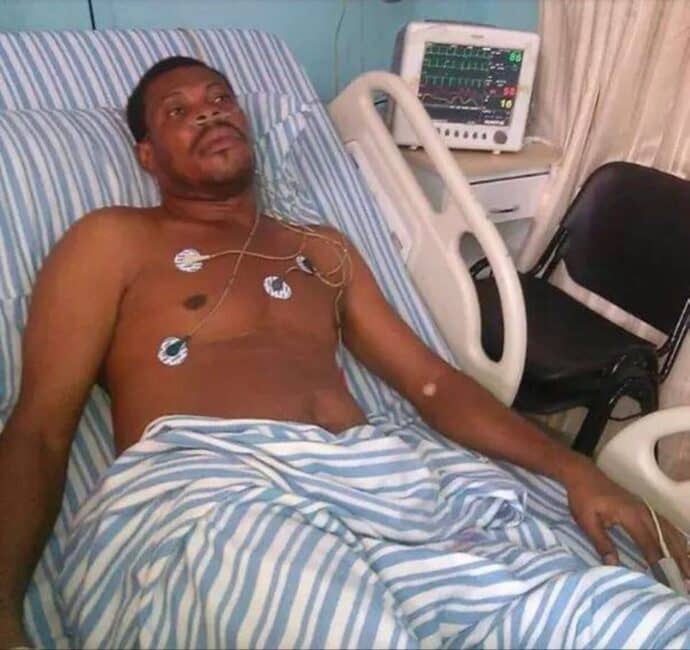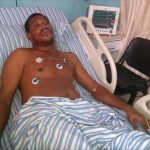A new Antenatal Care (ANC) delivery model, piloted by the Ghana Health Service (GHS), has helped to reduce maternal mortality and improve pregnancy outcomes.
The feat was achieved because the project improved the health literacy and health-seeking behavior of pregnant women, which translated into an increase in access to ANC, facility delivery, and better personal care.
The model is known as the Group Antenatal Care and Delivery (GRAND), It uses strategies such as storytelling, peer support, demonstration, and teach-back to enhance its effectiveness.
This was made known at a workshop in Accra to disseminate the findings of the project, which has since ended.
It has been described as a low-cost but highly yielding alternative to standard ANC models with health literacy incorporated as an integral part of clinical practice within the model, and not as an add-on to care.
It was developed as a research project by the Dodowa Health Research Centre of the GHS, in collaboration with the University of Michigan, United States of America (USA) with Professor Jody Lori of the University of Michigan and Dr. John Williams from the Dodowa Health Research Centre as Principal Investigators.
Format
Under the project, which ended this month, the pregnant women are placed into small groups of 10 to 14 with pregnancies of similar gestational age for a detailed discussion on the dos, don’ts, and warning signs in pregnancy after standard complete histories and physical exams, as well as laboratory tests, were completed.
Before the start of each group session, blood pressure and weight are measured and a urine analysis is performed by each woman with the help of a midwife.
Each woman then receives an individual assessment with the midwife to measure foetal height, listen to foetal heart tones and answer any questions she prefers not to raise in the group.
The midwife and women then sit in a circle facing one another for a 60 to 90-minute facilitated discussion.
Prompt care-seeking
In a speech read on his behalf at the dissemination meeting, the Director-General of the GHS, Dr. Patrick Kuma-Aboagye, said birth preparedness and complications readiness had been promoted to encourage prompt care-seeking to improve maternal and newborn outcomes.
He said ANC was one of the proven ways of ensuring birth preparedness and complications readiness with the potential to play a pivotal role in ensuring positive pregnancy outcomes for both mothers and their newborns.
Professor Lori and Dr. Williams said GRAND was designed to improve health literacy, increase birth preparedness and complication readiness, and optimize maternal and newborn outcomes among women attending group-based ANC at seven rural health facilities serving predominantly low-literacy and non-literate pregnant women in the Eastern Region.







